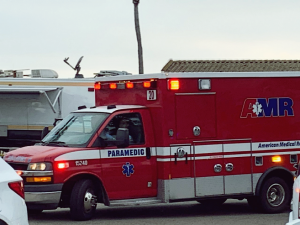Being addicted to drugs is not the same thing as engaging in experimental substance use. Even though the American Psychiatric Association does not classify drug abuse and dependency as anything other than a substance use disorder, trying out substances does not always lead to addiction. That being said, drug addiction costs more than just money. It affects an individual on financial, psychological, physical, spiritual, educational, and occupational levels. It alters an individual’s hygiene practices and changes the main focus of life to whatever substance is being abused.
Annually, 600 billion dollars are spent to aid with occupational losses, health issues, and crime costs due to drug addiction. These substances range from alcohol to cannabis to stimulants to opiates. Opiates use itself is on the rise, with 2.4 million people in the United States having been diagnosed with an Opiate Use Disorder. In 2015 in the United States alone the opioid crisis cost 504 billion dollars. There are more individuals who have never sought help. More than 50,000 United States citizens passed away due to overdosing on drugs in 2015. Of these deaths, 33,091 were attributed to opiate use. However, it is not just prescribed medications and street drugs that are the problem. People even become addicted to over the counter medications such as Benadryl. An addict pays a heavy cost with any of these drugs.
What Are Some Consequences For A Person Who Has A Substance Use Disorder?

In turn, one may experience symptoms of PTSD. Even if the addict does not go through any sort of trauma, they may still notice psychological changes. For those diagnosed with a severe mental health disorder, there is a 50 percent chance that they are also suffering from a substance use disorder. Even when a person does not end up diagnosed with a co-occurring disorder, they often experience mental health difficulties during the addiction process. If a person cannot find the substance, they are used to using they may have withdrawal symptoms including anxiety and depression.
Whether the substance use, anxiety, depression, or other mental health issues alter an addict’s social life, interpersonal relationships begin to suffer. The substance becomes the focus of an addict which can lead to communication difficulties, less time spent with loved ones, and isolation behaviors. Hobbies and activities the addict used to enjoy become pushed to the wayside. There is not as much need to focus on hygiene practices or self-care.
How Do I Get My Life Back?
We all need support. Let Discovery Place of Burns, Tennessee aid you in figuring out how to live a sober lifestyle. We are a nonprofit alternative rehab that is committed to keeping administrative costs down. The money saved is put into helping you get your life back. This can be through any of our various programs: An alternative 30-day residential program, a long term recovery program, a continuing care program, and a family matters workshop. Call us today at 1-800-725-0922!

